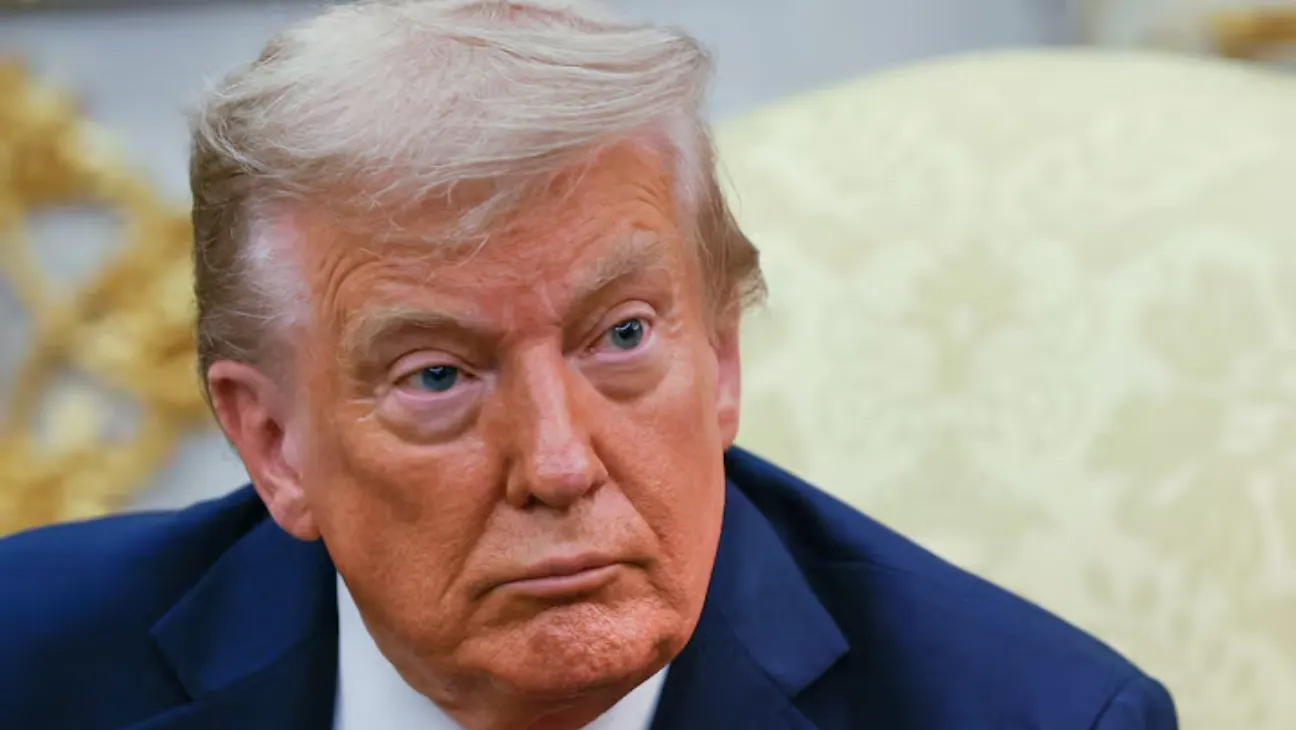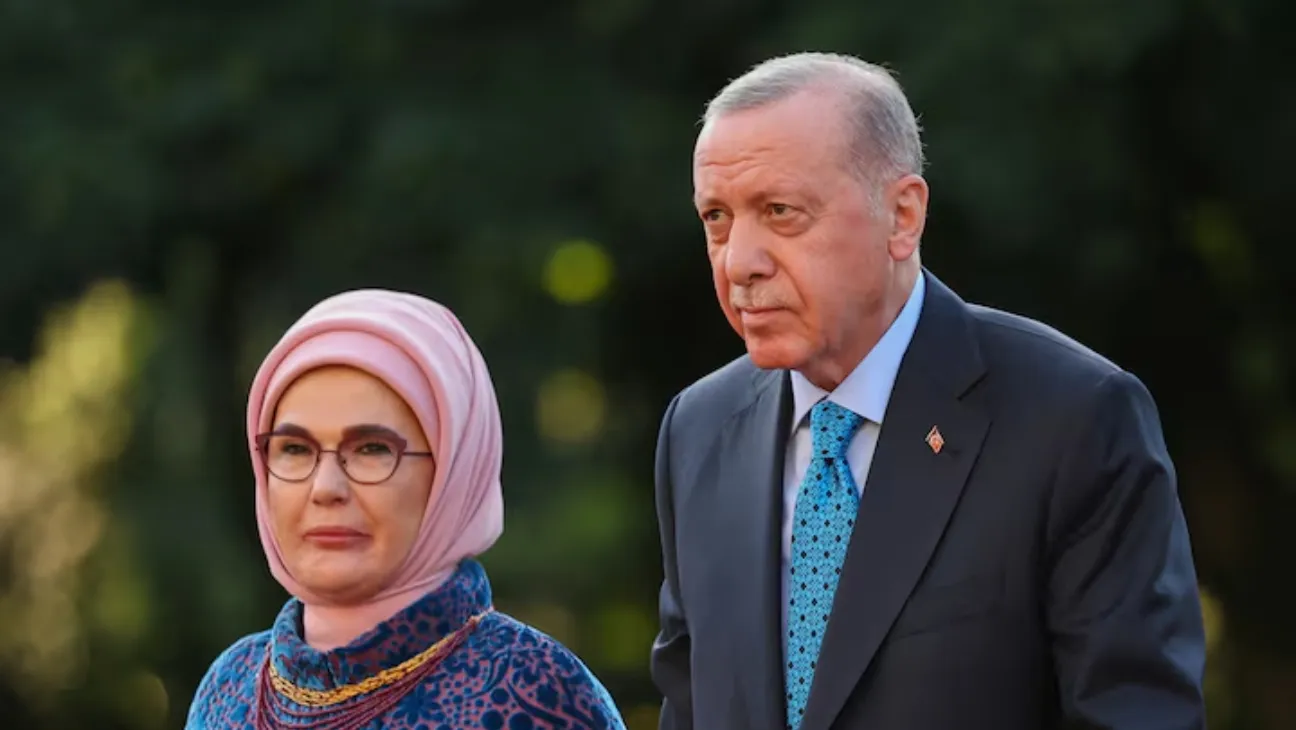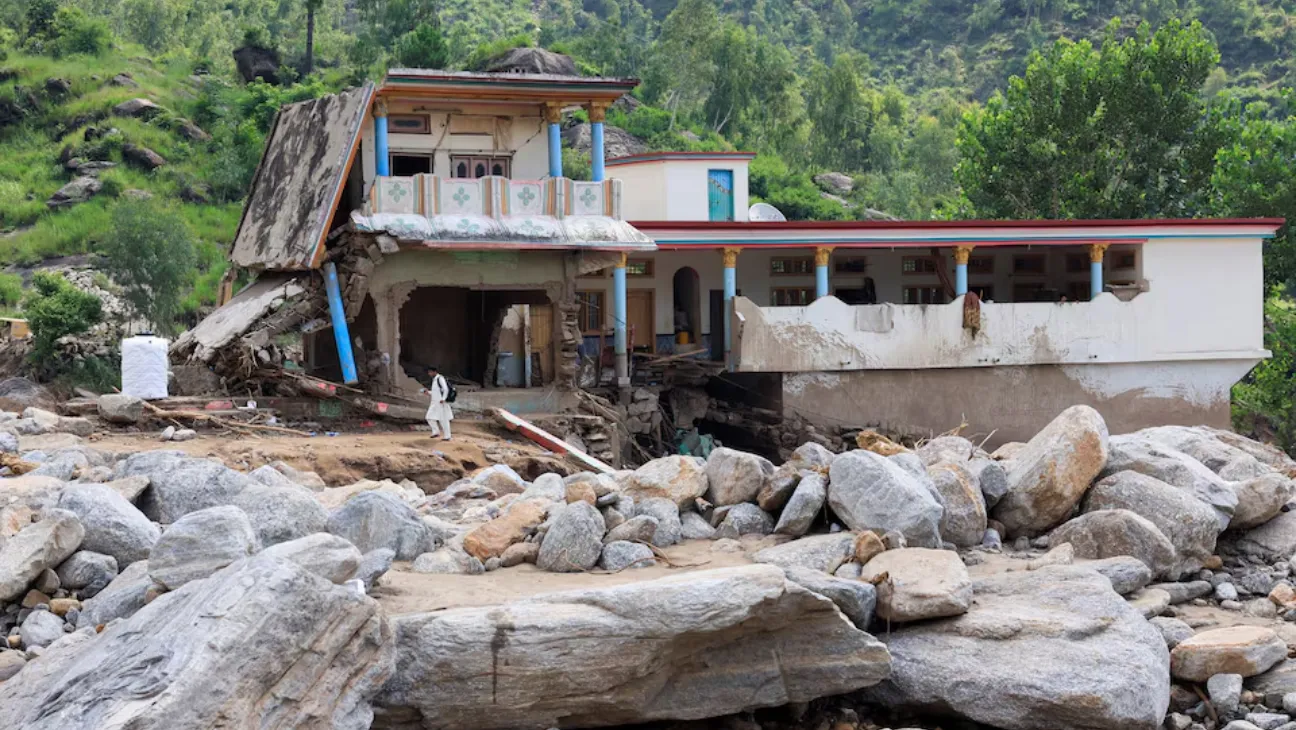For nearly a decade, people in Bhopal’s Budhwara neighborhood knew Neha as a quiet member of the local hijra community.
Now, police say Neha was not who she seemed.
For almost three decades, Abdul Kalam lived in India under a false identity as a transgender woman. His late-night arrest in Bhopal has raised serious questions about border and ID security.
Senior police officer Shalini Dixit said the arrest followed a tip from a confidential informant.
“We received credible information through a confidential informant, which led to his identification and subsequent arrest,” Dixit told India Today. “He had been residing in Bhopal for nearly a decade, but before that, he was in Maharashtra. During this time, he also returned to Bangladesh using forged credentials.”
According to authorities, Abdul entered India illegally at the age of 10 and spent around 20 years in Mumbai before relocating to Madhya Pradesh. During this period, he joined the hijra community and adopted the name Neha Kinnar.
Authorities are now grappling with a major security breach after discovering that a suspect, Abdul, was using a top-tier collection of fake Indian documents.
Police say he had a counterfeit Aadhaar card, voter ID, and a passport, which he used to cross the border with Bangladesh multiple times without raising any red flags.
The case has been escalated to the highest levels, with national security and anti-terror squads now trying to unravel how the documents were made and who helped him.
Cyber forensics experts are analyzing his seized mobile phone to review call logs and data history.
Authorities are also preparing to conduct a gender verification test to confirm whether the transgender identity was real or a deliberate disguise.
Abdul is currently being held at Talaiya Police Station under tight security. Only the officer in charge and two assigned female officers are allowed direct access to him.
He has been placed under 30-day detention while investigations continue.
The Centre has been formally informed of the case.
Police say the case has sparked a wider review into forged IDs and illegal border crossings.









